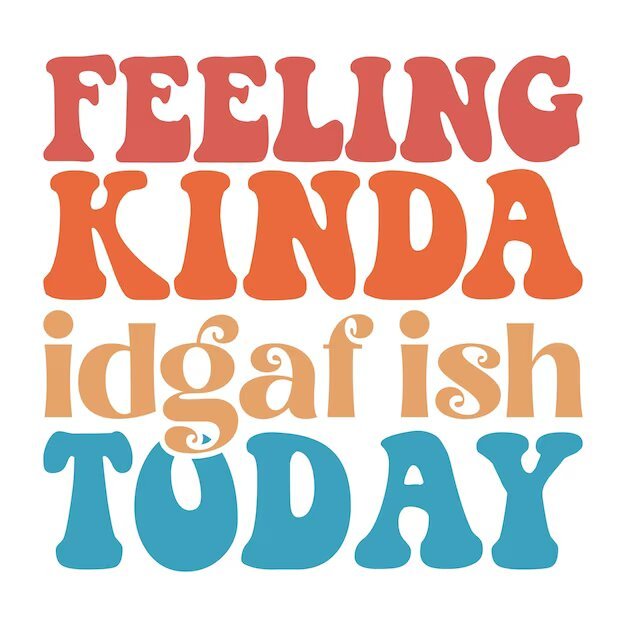Teenagers, ever-creative and adaptive, have found unique ways to express themselves in the fast-paced digital world.
Their conversations are peppered with slang and abbreviations that might seem like a whole new language to the uninitiated.
A standout in this linguistic evolution is the acronym “IDGAF.” If you’re scratching your head wondering what this term means, don’t fret.
This guide is here to take you on an engaging journey through the world of IDGAF, unravelling its meaning, usage, and the intriguing role it plays in today’s digital communication.
Understanding IDGAF: What Does It Mean?
IDGAF stands for “I don’t give a f*ck.” It is an acronym that embodies a sense of indifference or apathy towards what others think or say.
Teenagers often use this slang term to express their disregard for societal norms or to assert their independence. It represents a rebellious attitude that prioritises self-expression over conformity.
Examples of IDGAF Usage

To better grasp the concept of IDGAF, let’s explore some examples of how teenagers might employ this slang term in their conversations:
- Friend 1: “Hey, guess what we did last weekend.” Friend 2: “IDGAF.”
- Parent: “The chaperones don’t want you to play that song.” Teenager: “IDGAF, I’ll play it and play it hot.”
- Friend 1: “What do you think about her opinion?” Friend 2: “IDGAF what she thinks.”
- Parent: “You shouldn’t associate with those kids.” Teenager: “IDGAF if they kick me out.”
These examples highlight how IDGAF is used to dismiss or reject the opinions, rules, or expectations of others.
Parental Concerns and Monitoring Slang Usage
As a parent, you may come across your child using the slang term IDGAF. While it is generally harmless, it is essential to stay aware of your child’s online activities and conversations.
Slang terms can sometimes indicate involvement in risky behaviours or communication with potentially dangerous individuals.
To address these concerns, consider using parental control apps that provide monitoring capabilities.
These apps can alert you to any exposure your child may have to potential risks encountered on their phone.
By setting up alerts and adjusting monitoring levels, you can strike a balance between respecting your child’s privacy and ensuring their safety.
Conclusion
IDGAF is a slang term that encapsulates a sense of indifference and rebellion among teenagers.
While it may seem disrespectful or dismissive at first glance, it is essential to understand its context and meaning.
By maintaining open lines of communication and utilising parental control tools, you can strike a balance between respecting your child’s individuality and ensuring their safety in the digital world.
Remember, slang terms and expressions are constantly evolving, so staying engaged and informed is crucial for effective communication with your teenager.
Embrace the challenge and use it as an opportunity to bridge the generation gap and build stronger connections with your child.
Additional Information:
- Teenagers often use emojis to convey hidden meanings related to drugs and alcohol. Stay vigilant and familiarise yourself with these emoji slang meanings to better understand your child’s conversations.
- Text slang is constantly changing, with new terms emerging regularly. Stay up-to-date with the latest slang words, such as ASL, cheugy, and more, to ensure effective communication with your teenager.
- Real-life stories and testimonials from parents who have used parental control apps can provide valuable insights and help you make informed decisions about monitoring your child’s online activities.
You might also like:
- FAFO Meaning: Understanding the Popular Slang Term
- Let Him Cook: Exploring the Origins and Impact of a Popular Slang Phrase
- Decoding FRL: The Slang Taking Over Social Media
- The Meaning and Usage of DW in Texting and Social Media
Sign up for our newsletter to receive regular updates sent straight to your inbox. Follow us on social media for additional resources and information.


